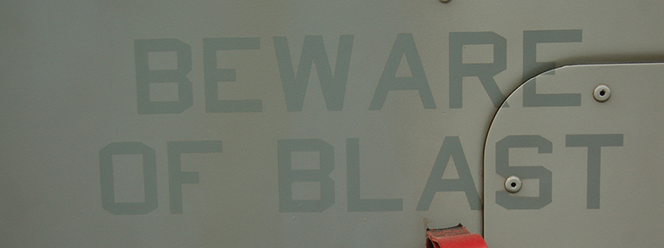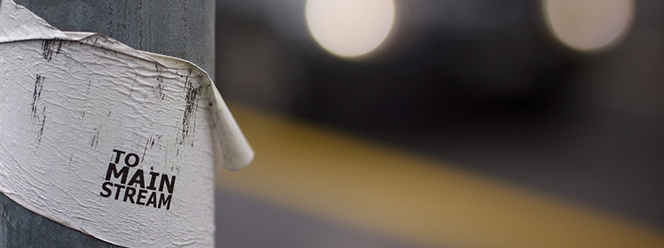
Exploring Our Money Shadow

Money is a symbol of two basic principles that underlie every process in the physical world: the principle of value, and the principle of giving and receiving. Whether it is our money, our labor, our commitment, or our care—we estimate the value of something by what we are willing to give for it and receive from it. This respect and attention we give to what we value, and how we value it, is a reflection of our self-worth. The lack of respect we give to the things that matter to us—including our bodies and the worth of our labor—is also a reflection of our self-worth. This unconscious lack of respect is our shadow energy around money and self-worth, and commonly manifests itself as the emotions of fear and greed, which are closely tied to our modern relationship with money and wealth. The corruption, materialism, and consumerism of modern society, and the widely disproportionate difference in wealth between the people at the top of the income ladder and the rest of society are all manifestations of our collective money shadow.
Unaware of our personal shadow energy, we have “bought into” the idea that if we can afford an item, it must measure and reflect the inherent value we hold—and if another cannot, they must be worth less and hold less value than we do. Disconnected from our own and others’ true sense of worth, we are losing our intuitive sense of how much to give for the value we receive. Instead, we are building ourselves up with material accumulations, as though they alone are a reflection of our worth and deservedness. What our money shadow does not recognize however is that money is only one type of currency, one type of wealth, and it is not a true measure of our self-worth. Perceiving money as the only and/or most important measure of wealth and self-worth can only leave us feeling unsatisfied. There will always be someone with more money, and thus there will always be someone for us to feel less than. While several psychological studies have revealed that although material security definitely increases our happiness, beyond a certain income level this correlation between income and happiness drops significantly. One reason for this is that a major ingredient of happiness is a sense of sufficiency—of having enough. In a culture where we are trained to consume and to compete and compare, many of us have lost the ability to recognize this feeling of satisfaction. We find ourselves feeling we do not have enough, that we are in lack, and these feelings further trigger our shadow emotions of fear and greed. We find ourselves feeling that we are not enough.
While we may not objectively live in poverty, in essence, our culture lives with a poverty consciousness. Attached to material goods as a symbol of our self-worth, we are now better equipped to feel in lack—to feel we do not have enough and are not enough—than to feel satisfied. This lack of satisfaction, this poverty consciousness, is extremely painful and often manifests in mental habits like criticism, judgment, envy, and anger. Unaware of the pain we are in, and unable to recognize a feeling of satisfaction within our self, we unconsciously invest in scarcity—we acquire for the sake of having more and more, further losing our ability to access our inner feeling of “enough.” Lost in our greed, we endlessly chase the ever-receding prize that is our happiness.
It is not easy to feel whole and satisfied in a collective culture that sells you on your insufficiency. It requires cultivating a conscious awareness of how you behave and how you think. It involves actively looking at your attitudes and imbalances around money, authority, and health. There is a balance to be found between greed and generosity, between trusting in abundance and buying into scarcity. A healthy relationship with physical wealth can be cultivated within yourself.
photo credit: Jimi Filipovski




